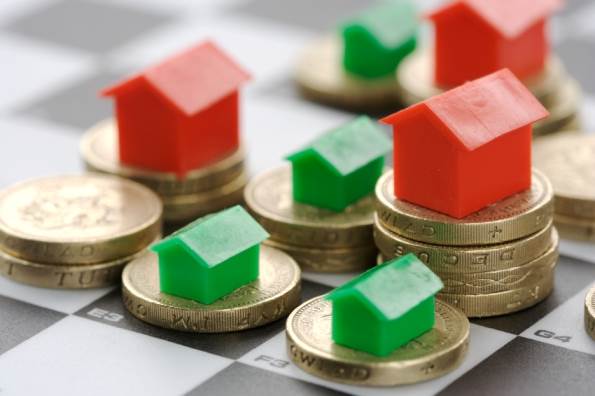
Reading Time: minutes
They say that gambling and investing are basically the same thing. You can either lose some funds or make more money. How much you're willing to risk will likely determine how much you can earn from this venture.
But unlike the roll of the dice or betting on a strong hand, you can take calculated risks in your real estate investment. You can always get a feel of the market and can choose your investments wisely. You can bet on a good return on investments or a positive outcome by making the right investment moves and decisions.
If you're new to the real estate market, there are some things that you need to know before taking the plunge:
Set realistic goals as a real estate investor.
- Before you purchase any property, you should set realistic investment goals. Think about your capacity as an investor. Review your financial assets and expenses, so you'll know how much money you can put into a piece of real estate.
- Figure out the best way to maximize returns based on your resources and preference as an investor.Are you going to rent out the space or sell the property at a much higher value? How much return can you expect from your investment? You have to find out what would be a manageable risk for you.
With this in mind, you have to figure the right investment strategies and choose your investments carefully.
Invest in properties that offer decent returns.
- Investing in a real estate property could mean that you're forking out funds from your liquid financial assets such as stocks, bonds, mutual funds, or CDs. If you'll be taking money out of these financial assets, you should at least aim for a fair level of return on your investment. If you're earning, say, 5% on these assets, the return on investment for your real estate venture should hit almost the same mark or an even better figure.
- Select properties that can give you decent returns on investments, those offering a positive cash flow.Whether you're buying a townhouse, a condo unit, or a house and lot, you have to pick a good location. Consider the current market trends, real estate conditions, and upcoming developments in the area. The property should have something that buyers or renters need or want such as ample space, accessibility, practical design, or fair price, among other things.
Be realistic and weigh in all the possible risks.
- As you consider possible returns on investment, also make room for calculating the risks involved.Analyze the market, review the current market conditions and trends, consider the prices and other relevant expenses, and create some good investment strategies. Factor in all the possible expenditures, the taxes, purchase price (down payment and mortgage), insurance, interest rates, and even the repair, development, and maintenance cost.
- You should also have contingency plans in place in case some things don't turn out the way you expect them to. You should be able to handle setbacks such as loss of income in case the property isn't rented or occupied for a while or when the real estate property isn't sold within a given period. Take into account the positive aspects of the investment as well as the negative scenarios that you should be ready for. Think about your real capacity as an investor and don't lose focus on your investment goals.
Choose a property that's easy to manage.
- Sometimes, it's better to invest in properties that can bring in a fair amount of revenue than buy a piece of real estate that has a really high property value but also requires a lot of time and money to maintain. You have to choose a property that you can handle and manage well.
- Do you have the time and resources to manage a high-value, high-maintenance property? Or would you do better with a mid-size, lower-risk property? With every decision you make, you have to consider your needs, preferences, resources, and expertise as an investor.

